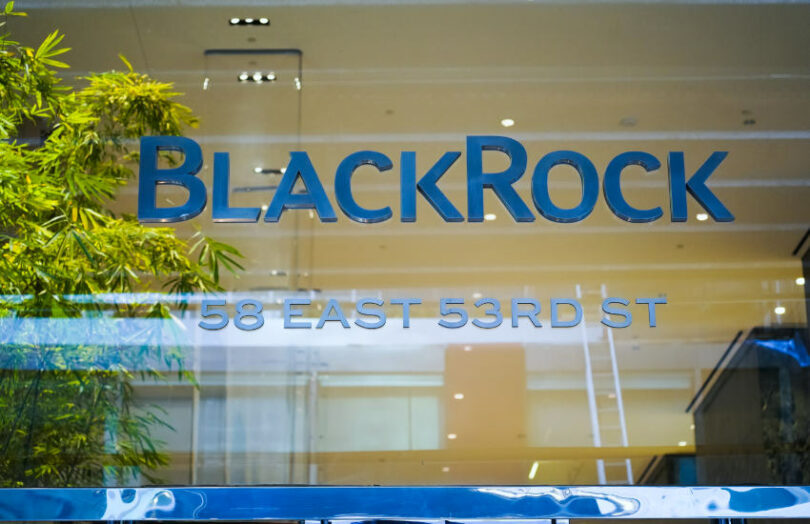Last night BlackRock elaborated on its plans for its first digital fund on the Ethereum blockchain, the BlackRock USD Institutional Digital Liquidity Fund (BUIDL), a money market fund that aims to offer a stable $1 value. It also confirmed it invested in tokenization partner Securitize, which is acting as transfer agent, tokenization platform and placement agent.
“We are focused on developing solutions in the digital assets space that help solve real problems for our clients, and we are excited to work with Securitize,” said Robert Mitchnick, BlackRock’s Head of Digital Assets.
The BlackRock statement added that “Tokenization remains a key focus of BlackRock’s digital asset strategy.”
Tokens are available to eligible accredited investors as this is a Rule 506(c) issuance. Transfers can only take place between pre-approved investors, although that can happen 24/7/365. Round-the-clock trading is a key advantage and opens up 24/7 indirect access to Treasury markets.
BNY Mellon is the custodian of the underlying assets, fund administrator and provides interoperability between digital and traditional markets. That latter point reinforces that this fund may target not only the crypto crowd but also institutions looking for 24/7 access.
BUIDL’s assets will include cash, US Treasuries and repurchase agreements. In BlackRock’s words, this allows “investors to earn yield while holding the token on the blockchain.” That’s something that most stablecoins don’t provide, including USDC, where BlackRock manages the reserves. However, USDC can be used in any denomination, whereas initially the minimum BUIDL investment is $5 million, illustrating a different target audience. Per its recent SEC filing, that figure could come down to $100,000.
Tokenized securities and regulations
While the role of Securitize as the transfer agent may seem like a throwback, it’s a regulatory requirement. So far the SEC has required regulated issuers to keep traditional book entry records, which are the definitive record of ownership. That includes the likes of Franklin Templeton’s OnChain U.S. Government Money Fund, which has more than $300 million in assets under management (AUM).
Given Securitize has experience and is both a regulated transfer agent, has tokenized feeder funds for KKR and Hamilton Lane, and operates an Alternative Trading System (ATS), it ticks all the boxes. One little piece of trivia – years ago, Securitize acquired a company called BUIDL, a Japanese blockchain development firm.
For the BUIDL token, several options are available regarding custody of the tokens. These include Anchorage Digital Bank, BitGo, Coinbase, Fireblocks, and others. All the firms are startups, highlighting the pressing need for incumbent custodians in the tokenized asset space. Their absence is due to the SEC accounting rule SAB 121, which makes it prohibitive for incumbent banks to provide crypto-asset custody at scale.






